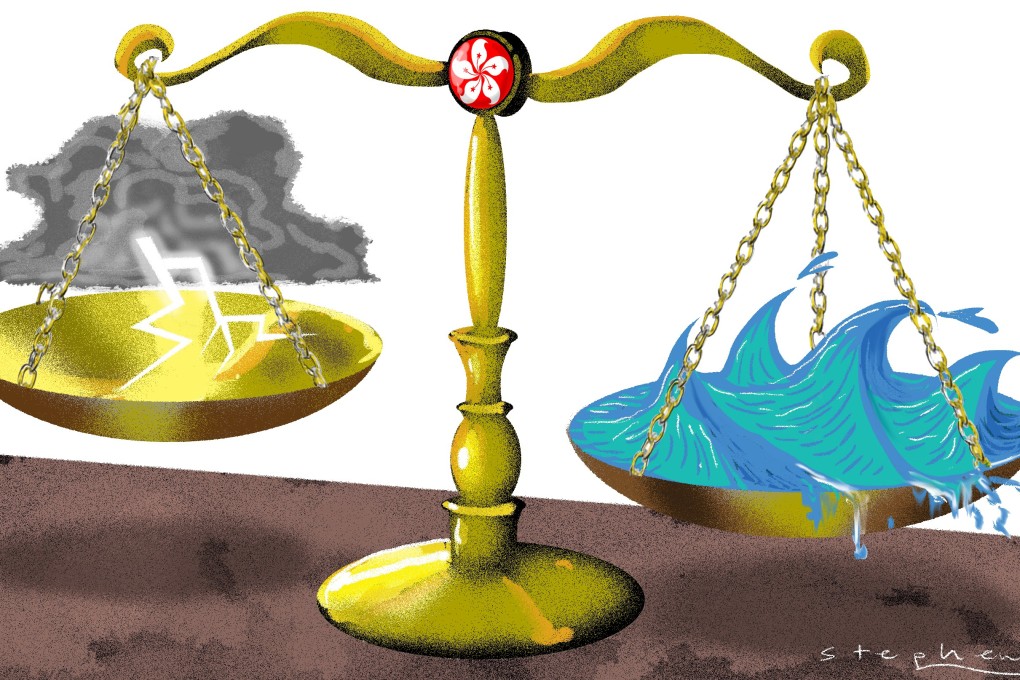Opinion | Far from forsaking Hong Kong’s rule of law, extradition bill protesters are trying to defend it
- The rule of law is not about enforcing government diktat. It is about the impartiality and independence of courts and leaders, which protesters fear are being eroded

Wang and Lam are undoubtedly correct in stressing the importance of the rule of law but they appear to have little appreciation of the primary threats facing Hong Kong’s rule of law.
The rule of law, as understood in Hong Kong, is primarily about holding government officials accountable to the law. In common law terms, nobody is above the law and everyone is subject to the law applied in the ordinary manner before ordinary courts. Achieving this requires the protection of basic rights and the independence of courts charged with applying the law, unfettered and in accordance with principles of justice. Economic issues may arise in respect of equal access to justice.
The mainland system tends towards a different view. That system of rule of law emphasises the following of the dictates of the Communist Party.
